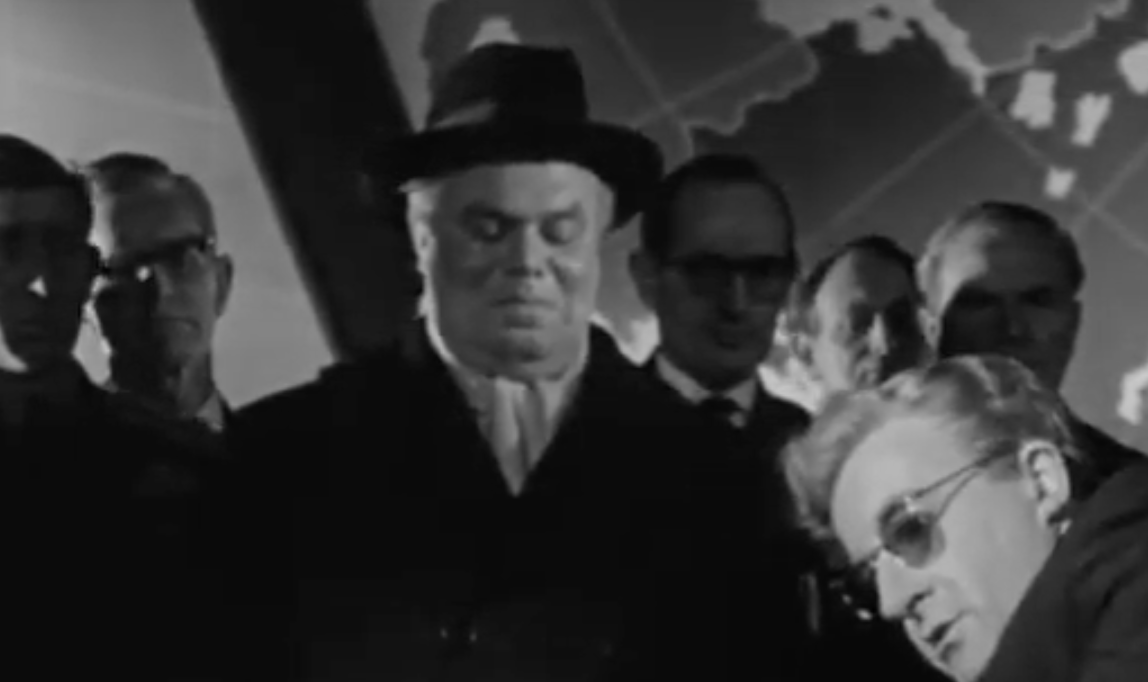Most of us understood from the get-go that Woody Allen‘s “Apropos of Nothing” would be regarded through #MeToo-tinted glasses. Some in that camp are saying “I don’t think I can read this thing” (an actual Dana Harris tweet) and that’s fine. They’re excused. Nobody expected them to be attentive or fair.
Certain resentful, pissy-minded book reviewers are coughing up the usual bile. USA Today‘s Barbara VanDenburgh: “As if coping with the ravages of a global pandemic hasn’t made life unpleasant enough, now we’ve all got to talk about Woody Allen. Again.”
People aren’t calling his autobiography totally banal or shallow or both, but they’re saying large chunks of it are. Some have written that when he gets into the Mia-and-Dylan accusation thing that it feels like too much of an obsessive, woe-is-me pity party. Some have faulted Allen for not aping the meditative prose of Rainer Maria Rilke or William Styron.
Their beefs boil down to “how dare Woody write in his own unaffected voice? How dare he process life in the same way he’s been doing since he began writing jokes for Manhattan newspaper columnists in the early ’50s?”
Woody Allen is who he is. His voice is his voice. If you can read “Apropos of Nothing” with that in mind, you’ll have a better-than-decent time with it. And by that I mean diverting, chuckly, passable, fascinating, occasionally hilarious, nutritional as far as it goes.
“Apropos of Nothing” isn’t the deepest or the most probing piece of literary self-excavation or self-examination ever published, but it does contain a wonderfully ripe and buoyant recollection of Allen’s Brooklyn childhood and early teen years. It flattens out a bit when he becomes successful in the mid ‘60s, and a certain banality creeps in. But I weathered the mundane or underwhelming parts. Allen has a voice and a style and a certain shticky attitude, and much of the book is like listening to some streetcorner wise guy tell a story from a bar stool.
I am convinced that the section that exhaustively covers the ‘92 child-abuse accusation plus the Soon Yi furor is almost entirely truthful, if not 100%. Try reading Moses Farrow’s essay — it synchs up perfectly with Allen’s understanding of Mia Farrow‘s history and psychology and what probably happened.
Does Allen burrow in too deeply or obsessively in this section of the book? Not in my view. He’s talking about events that have shattered his life in some respects. If you had gone through the same thing and knew you were innocent when it came to Dylan and Mia’s accusation, wouldn’t you mount your defense with vigor and exactitude and leave no stone unturned?
The union with Soon Yi did seem odd and ill-advised at first, true, but they’ve been a loyal and loving couple for 27 or 28 years now. Two adopted college-age kids, etc. Does anyone recall Barbara Kopple’s Wild Man Blues? The facts are the facts. Things are as they are.









